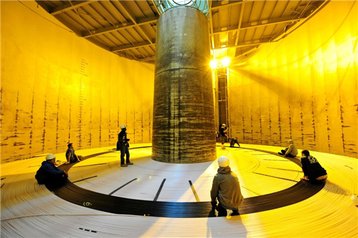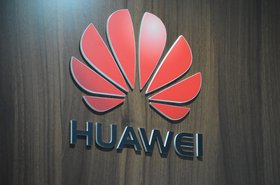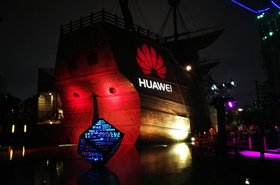A row is breaking out in the Pacific over proposals for a new submarine Internet cable set to be installed as part of an international development project in the region.
The Kiribati Connectivity Project, backed by the World Bank and the Asian Development Bank, is intended to improve communication links to the remote islands of Nauru and Kiribati, and the Federated States of Micronesia, a collection of islands north of Papua New Guinea.
But, Reuters reports, the US has issued a formal security warning over what it claims is a cut-price bid to lay the cables by Huawei Marine that, if accepted, could undermine the islands’ security.
Concerns come despite Huawei no longer being involved
It warns that Huawei Marine - which was spun-out of the eponymous Chinese communications giant in 2019 but remains majority owned by another Chinese-owned company, Hengtong - is obliged to co-operate with China’s intelligence and security services. The communications project will also connect the islands to the HANTRU-1 network that links Guam, a strategically located island, which also hosts one US Air Force base and two Navy bases as an unincorporated territory of the US.
The warning has been echoed by Taiwan’s government. Speaking to Newsweek, Taiwan claimed that China aims to “monopolize” communications networks across the Pacific specifically for the purpose of conducting global espionage.
Separately, the Taiwan-allied government of Nauru has also issued a security warning to neighboring islands.
In a statement to Reuters, the government of the Federated States of Micronesia admitted that it was discussing the security issue with partners in the project, but added that only “some” were concerned about ensuring that the project “does not compromise regional security."
The US has historically enjoyed close ties with islands in the region. Under the 1980 Compact of Free Association (COFA) between the US, on one side, and Micronesia, the Marshall Islands, and Palau on the other, islanders have the right to live and work in the US, and the islands can trade largely duty-free with the US.
The Compact also has a number of military provisions, with the US responsible for the islands’ military defense, as well as administering international defense treaties. Islanders also have the right to enlist in the US armed forces, with the islands of Micronesia having a per capita enlistment rate higher than any mainland US state.
Huawei launched Huawei Marine as a joint venture with British firm Global Marine Systems in 2008. The division quickly became a major player in the submarine cable market, building or upgrading around 90 cable projects.
However, the company has become embroiled in the same security warnings over the global political ambitions of China’s government as Huawei.
In January 2018, for example, the Australian government took control of a project to build a cable from Australia to the Solomon Islands, originally led by Huawei Marine, over the concerns over the security risks it potentially posed. Huawei is also banned from any involvement in Australia’s National Broadband Network.



